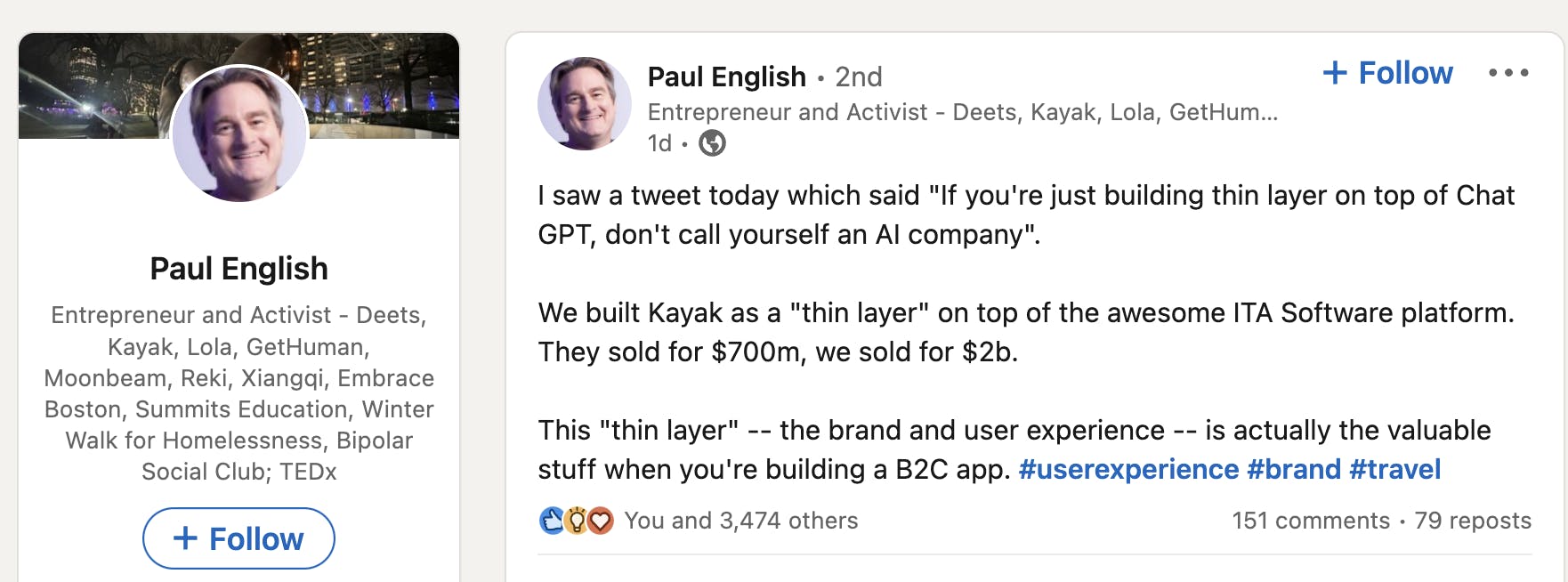5 Opportunities After Data Science: What To Do If Data Science Isn’t A Fit
Life isn't over, it just gets more interesting. #recoveringdatascientist

Photo by Mike Enerio on Unsplash
Table of contents
- Why Would Data Scientists Leave Data Science? (Or Even Data Entirely?)
- Your Options After Data Science
- Option 1: Move laterally into management, lean into strategy, product or even people ops
- Option 2: Move horizontally into an adjacent discipline
- Option 3: Utilize experiences & learnings to create products & services for data scientists and data science leaders.
- Option 4: Specialize & Go deeper
- Option 5: Switch companies or teams
- Final Thoughts on Whether Data Science Is Still A Viable Career Path
Officially, I worked as a data scientist for a grand total of 2-ish years.
Quite short but I learned a lot about myself and what I wanted for my professional career.
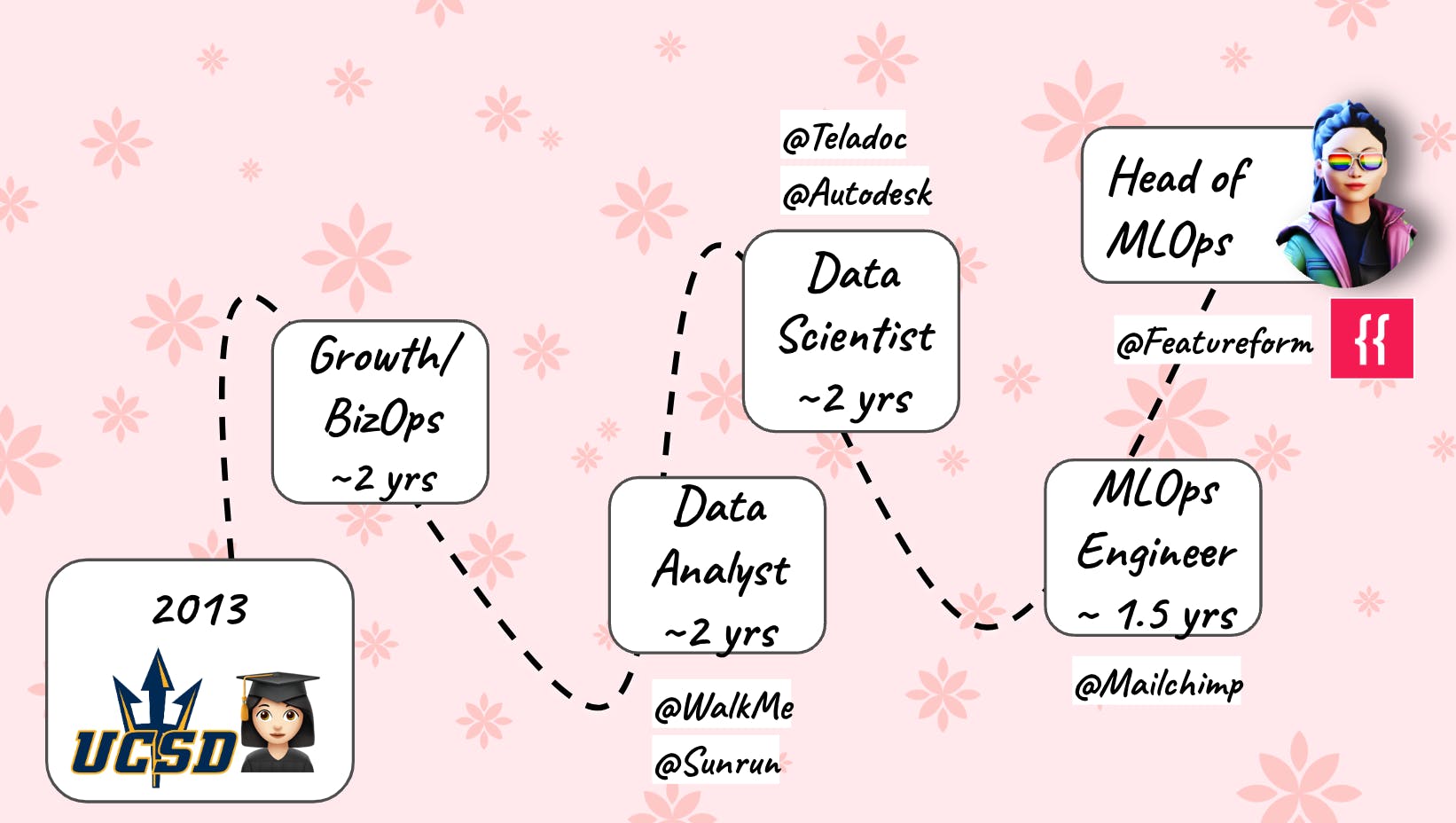
One of the biggest learnings was that I enjoyed the software and platform development aspects of creating ML products much more than the actual data science and machine learning work.
And this isn’t an uncommon trend. Data science enthusiasts spend so much time and effort pivoting to data science, only to realize when they get there that they were in love with the mythical Unicorn Data Scientist story (and the pay) rather than the actual work.
While some data scientists stay in data science and eventually choose to become senior or staff ICs, many more “recovering” data scientists will become data engineers, product managers, technical leaders and strategists, ML engineers, or MLOps/ML platform engineers.
Pictured: Some very famous recovering DS CoughDataEngineersCough .
Nevertheless, I wouldn’t do anything differently. My time working in data science and analytics was incredibly valuable and helped set the foundation for my future role as an MLOps Engineer and then as a Developer Advocate (for data scientists and ML platform engineers!).
Here are all the ways you can leverage your time as a data scientist to move ahead in your career.
Why Would Data Scientists Leave Data Science? (Or Even Data Entirely?)
Data, Reproducibility, Deployment...Production ML Is Hard
Doing data science is hard.
Doing data science well is even harder.
And putting data science to work under real-life conditions? Why, that takes almost 10+ roles to do well.
Some of the challenges of making data science work in production include:
Need for high-quality data;
Infrastructure to support machine learning pipelines;
Ensuring statistical properties of training data match production data;
Being able to adapt and create new models & pipelines gracefully (& quickly).
A more detailed discussion about the production ML can be found in this Twitter Space between myself, Chanin, and a few other folks.
Always Drink Upstream From The Herd
All jobs are hard though, so are all the reasons I listed previously enough to drive data scientists into a completely different role?
Well no, there's more.
Some common reasons for the exodus to roles like MLOps and data engineering include:
Data scientists catch everything from upstream because they're downstream of product, engineering, and politics. (Paraphrase of Goodbye, DS)
Oftentimes, data scientists tend to have very little control over picking their projects. Requests tend to be handed down to them (at best with indifference, at worst with callousness) and can fluctuate with the business.
This lack of autonomy & ownership over the infrastructure & data can sometimes result in work-life balance simulating a roller-coaster ride or the bullwhip effect.
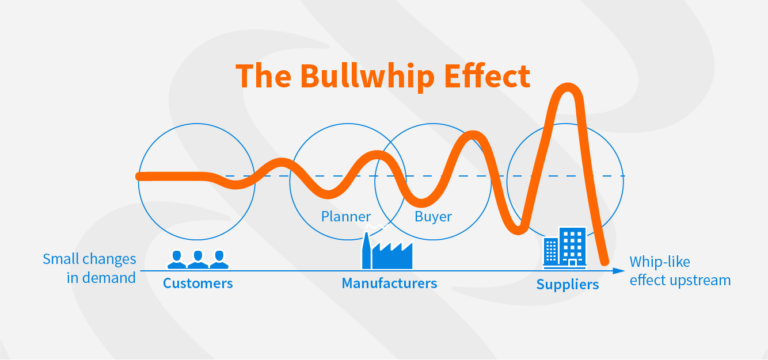
Bullwhip effect: "Small fluctuations at the retail level can cause progressively large fluctuations at the wholesale, distributor, manufacturer & raw material supplier levels". (Image Source: Managing the Bullwhip Effect: The Importance of Signals and Priority)
Part of the reasoning for the "large gap between what we can do, and what we are asked to do" (Shakoist, Substack) could be due to the newness of the field and consequent lack of standardization.
The business and product side, while rich in internal organizational expertise, also tends to be poor in statistical methodology and data science domain knowledge. They need to be educated or at least told "no" when proposing infeasible or poorly scoped requests.
This lack of data and scientific literacy can also contribute to:
Terrible Management & Insane Projects (Goodbye, DS)
As in, being given infeasible or poorly scoped requests expecting magic to happen.
Readers of both "Goodbye, Data Science" and "Why Business Data Science Irritates Me" seemed particularly taken by (or emotionally validated?) by the discussion around how there's no reward for bad data science work and sometimes failure is even rewarded beyond good data science work.
What then is the incentive to do incredible work?
(Source: Mark Freeman II, LinkedIn)
The lack of accountability was also a big theme in both posts, specifically the prevalence of "decision-driven data" instead of "data-driven decision" (Goodbye, DS) or as Shakoist puts it, "providing insights suffers from a principal-agent problem, because giving someone true insights into the data, will not be rewarded as well as giving someone nice intuitive insights." (Shakoist, Substack)
Some former data scientists, if you were to ask them to describe their experiences working as "business data scientists" might go so far as to recite Will Roger's line "There are men PM's running governments AI projects who shouldn't be allowed to play with matches determine data science roadmaps or resourcing."
Suffice it to say, go read the blog posts for additional details.
For now we'll assume that you're fully bought into that for some, data science isn't the first or the last stop on the career train.
Your Options After Data Science
Let's jump into your options!
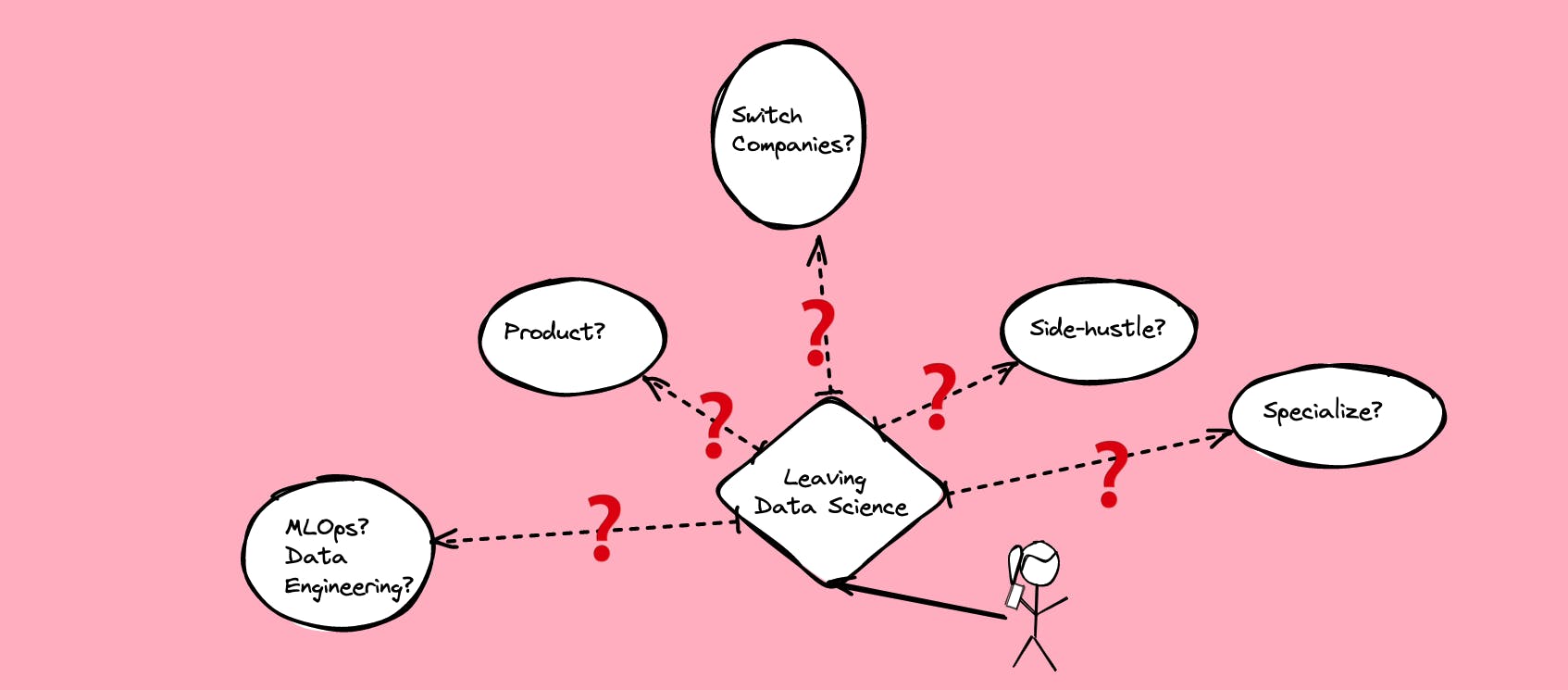
Option 1: Move laterally into management, lean into strategy, product or even people ops
As a data scientist, you learn and develop important skills such as:
Data analysis with SQL and scripting languages like Python or R and visualization libraries like Seaborn and Plotly;
Communication with business partners and stakeholders, as well as domain and business model expertise;
Experimental design and testing best practices (as well as gotchas) to evangelize;
Model development and evaluation.
You can leverage many of these skills, directly and indirectly, to improve business operations and provide data-driven insight into key areas like product, operations, finance and even revenue operations.
"But Mikiko, isn't a data scientist supposed to do that anyway?...
provide business value through automation and predictions?"
Technically speaking, yes.
But data science tools, techniques, and methodologies (which are largely derived from statistics) as well as data analytics have become so widespread, that there are many non-data scientist or engineer roles where being data-driven is a must.
And although consulting firms like Mckinsey have tried to make "data translator" a job category and title (it's really not and they need to stop), there's no doubt the ability to wield data effectively to answer strategic business will accelerate the careers of non-engineering or non-data scientist roles.
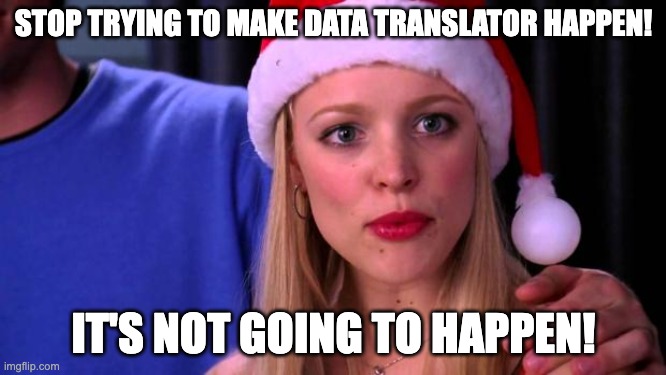
In many cases, the transition would be relatively easy because of their closeness to data analytics and business intelligence. A technical candidate could come in at a more senior level due to their technical expertise and capabilities.
Careers where data literacy, experimentation design, forecasting, and hackery skills come in handy include:
Product Management
Growth
Marketing (sometimes seen as a part of growth)
Operations

One of the biggest differences former data scientists experience when they move into these roles is they have more sway and impact on how projects get determined and run.
One reason why this happens is the difference between "formal authority" and "influence".
Formal authority is what you're endowed with due to your title and the responsibilities (and scope of power) it comes with.

For example, a product manager typically has broad latitude to determine what types of projects meet the company's current objectives, plans the project with other teams like engineering, and helps coordinate the resources and moving pieces (including setting up experiments, user studies, etc). Their authority comes directly from the role itself.
However other sources of power can fall under "influence" including:
Relationships - Having strong relationships with teammates & business partners;
Organizational Understanding - Possessing knowledge of the inner workings and concerns of the company;
Expertise - Developing a toolbox of knowledge & experiences that can be leveraged & utilized by your team & partners.
As a data scientist moving into a role like product management or growth, you would be bringing a significant amount of Expertise. And if you make an internal switch then you'd also be benefitting from (or not suffering from a lack of) Relationships and Organizational Understanding.
Option 2: Move horizontally into an adjacent discipline
Some adjacent disciplines to data science include ML engineering, MLOps, and data engineering.
Although additional upskilling will be necessary to switch into these roles as they’re not exactly a 1:1 mapping, prospective candidates aren’t starting from zero.
Candidates go into these roles with a deep appreciation and empathy for the kinds of challenges data scientists face every day as well as the impact of tooling choices on the ML lifecycle and workflows.
In many cases former data scientists that switch into these roles feel a deep sense of relief because they're:
Closer to the business;
In positions where they can actually influence architectural decisions (both good and bad);
Platform and engineering cycles tend to be more decoupled from the vagaries of KPIs and product whims than data science (especially since in some companies, data science teams report into Product!);
Success is less vague & more concrete (for example, if models fail tests or in production, that's more obvious than "the model didn't increase revenue by 10% even though the model is 30% more accurate" whereas a data pipeline failing is definitely bad).
If you’re interested in learning more about pivoting to MLOps, check out my blog post about what an MLOps engineer does & what my job search was like (part 1, part 2).
If you’re interested in learning more about data engineering, check out some of my friends Joe Reis, Matthew Housley, Mark Freeman, Shashank Kalanithi, Zach Wilson, and Seattle Data Guy (some of whom coined or popularized the "recovering data scientist" moniker).
Option 3: Utilize experiences & learnings to create products & services for data scientists and data science leaders.
If you understand your customer deeply, you’re only a couple of steps away from creating products and services.
Data science and machine learning products are the new norm and represent a seismic shift in the landscape of technical skills and expertise.
Companies, entrepreneurs, and even technical operators are trying to make sense of the available opportunities.
Engineers, non-engineers, and individuals are trying to ensure they don’t fall behind.
There are plenty of opportunities and whitespace for products and services focused on ML & ML product use cases.
For some ideas, I would highly recommend checking out The Pragmatic Engineer’s 1-person business blog post as well as Swyx’s Part-Time Creator Manifesto blog post.
An example of someone who's leveraged their experience working as a data scientist as well as data science teams is my friend Vin Vashishta. Vin regularly writes about enabling AI strategy and monetizing AI products at his substack and on LinkedIn.
Option 4: Specialize & Go deeper
Maybe there’s something specific you’re interested & you want to do more of that work.
Data scientists tend to start off as generalists, working on any type of project regardless of whether the project is a time series, computer vision, NLP, recommendation project, etc.
After a certain period, some data scientists find themselves enjoying a very specific area of machine learning or data science and will become “T-shaped” data scientists.
For example, my friend Harpreet Sahota used to be a generalist data scientist (and before that he worked as an actuary) but recently has been deeply focused on computer vision and deep learning.
But finding your "sweet spot" of data science work that is valuable and that you enjoy takes time and producing work.
"Good judgment comes from experience, and a lot of that comes from bad judgment." (Will Rogers)
Option 5: Switch companies or teams
You would be surprised at how a change in scenery can impact someone’s mood and outlook.
Sometimes the solution to being miserable as a data scientist is to switch teams (especially if your manager or teammates are the main cause) or even companies, especially if the problems are due to culture and inertia.
For example, there were times in my career, especially if big life changes were happening or I was trying to upskill or switch into a new role, I needed stability and work-life balance (and a paycheck) more so than growth opportunities and volatility. A well-established company with a scoped role was ideal.
There were other times when I got frustrated with the pace of change and red tape and a startup environment made more sense. High autonomy and ownership, high pace.
Many data scientists experience pain due to a lack of data maturity and infrastructure, so ensuring that you have the tools and environment necessary to create analyses and models should be at the forefront of your thoughts when interviewing hiring managers.
Final Thoughts on Whether Data Science Is Still A Viable Career Path
So......
This is probably where I should start tossing some numbers about the growth of data science job listings versus other jobs, how economic factors will impact tech industry growth, whether ChatGPT will take over ALL engineering 😱😱😱😱😱😱😱😱😱
... heck, maybe the question that should be asked is whether prompt engineering is the "New Hotness"??!
If you pose the question of whether or not data science is fading fast, you're guaranteed some robust discussions, similar to the one seen below.


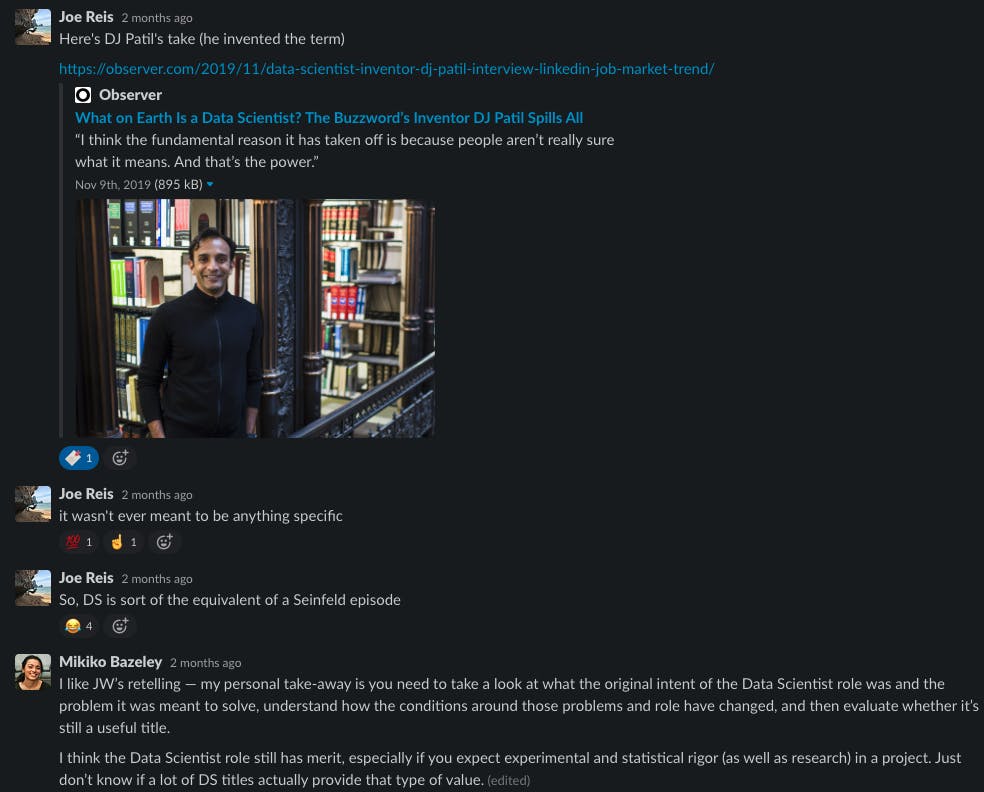
Why The "Data Science is Dead" Debate Keeps Popping Up (While Data Scientists Are Still Being Hired)
And there are a couple of reasons why the debate hasn't died down and why I believe the data scientist title will stick around for a while.
The existence of research-focused roles where statistical mastery and programming skills are still important;
Example: It's not a simple matter to A/B test email campaigns at digital health companies like Teledoc - because of regulations like HIPAA (Health Insurance Portability and Accountability Act - USA) & concerns around behavioral-based human testing. Health companies typically have fewer users at any point in time than software or consumer product companies like Google, so proper experimentation design (including sample size & power calculations) matters.
The outsized impact of the few research projects that do end up having commercial value;
- Think of the current trend of LLM's and the importance of algorithmic design. When you combine innovation with strategic product design & development, the value of that one project (or portfolio of projects) can make up for years of intensive investment. Most importantly a valuable enough idea can lead to an entire ecosystem of companies, projects, and services built on top of that lower abstraction. But the kernel needs to be developed first.
The usefulness of the "data scientist" title as an abstract class.
- Would the data scientist role still be any more or less confusing with a different name? To be honest, I'm not sure. Although an argument could be made that many data scientist roles (especially product data scientist roles at Big Tech Co.) resemble data analyst roles, I'm not sure we could make the same argument for roles like MLOps Engineer or Data Engineer roles.
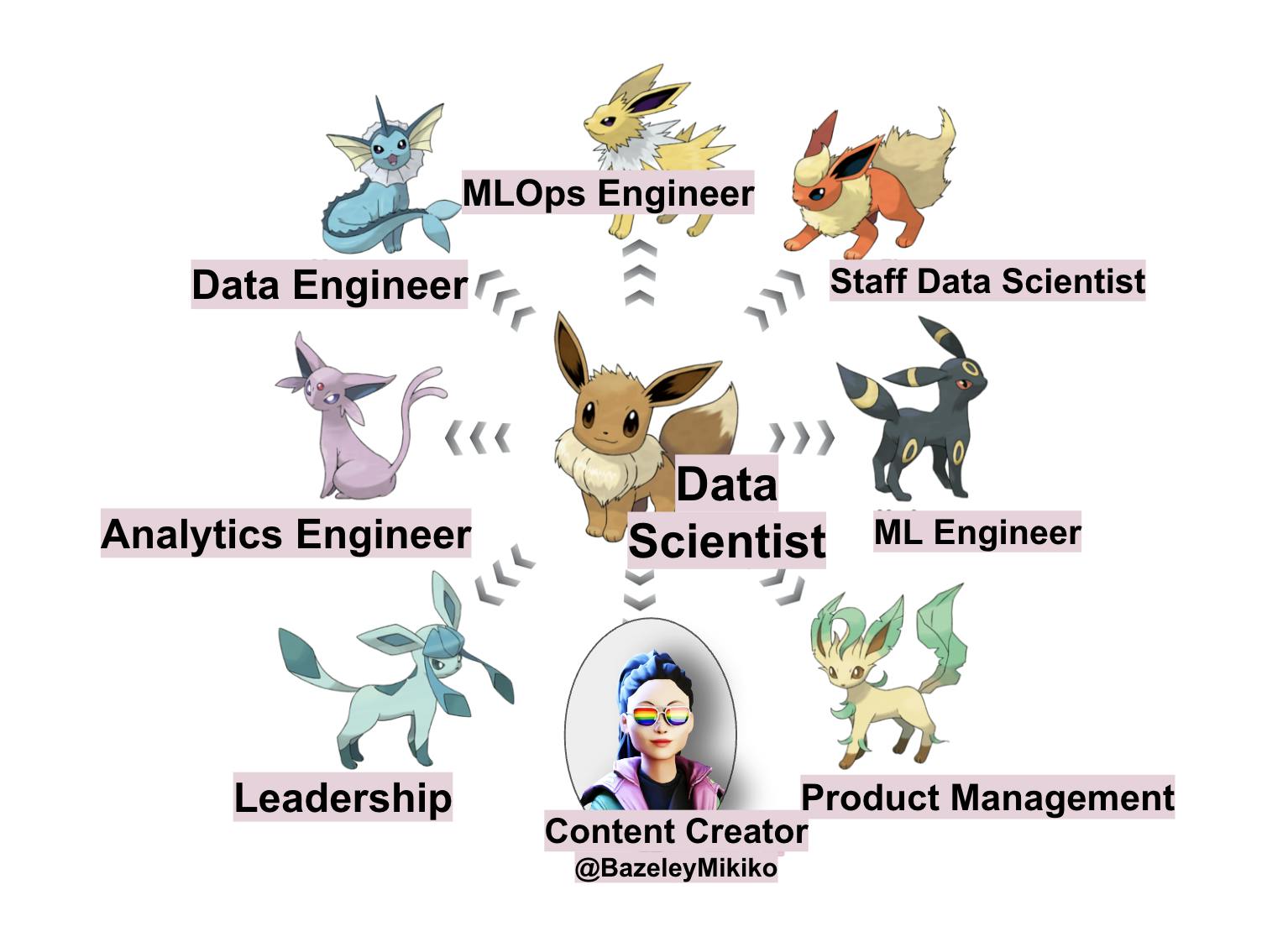
Example: While some data engineers were setting up pipelines and data processing orchestration as data scientists (i.e. the data infra work), my entryway into MLOps through data science was trying to figure out how to productionize a data science model as a live service and how to retrain the model and interpret the predictions. If you had called me a "data engineer" as a data scientist, that would have been more inaccurate than calling me a "data scientist".
Rather than trying to create a "one-size-fits-all" definition of data science, why don't we instead treat it as an abstract class with the expectation that each company and team will adapt the role to its particular stack and responsibilities?
The More Things Change, The More They Stay The Same
“It’s tough to make predictions, especially about the future.”
"The future ain’t what it used to be."
"When you come to a fork in the road.... take it."
"The future ain’t what it used to be."
The most successful data scientists, engineers, and content creators understand how luck is an equally important ingredient in a successful career.
However, so is individual initiative and creating opportunities through dedication and hard work.
👉 Did you start learning an important piece of technology right when it was taking off?
👉 Did you spend a significant portion of your career studying mRNA before the COVID-19 pandemic swept the globe?
👉 Did you spend years studying at prestigious universities and working your butt off to become a deep learning expert and AI Engineer at Microsoft right before ChatGPT launched?
Neither you (reader) or I am uniquely gifted in future-scrying but building career capital means never having to worry about a perfect landing in a career or role.
You'll be prepared no matter what.
Career Capital Is About Having Options To Deploy
And it's not about getting it right the first time, or the second time, or the n-th time.
Some of my favorite books that I re-read or reference over & over again include:
Cal Newport’s “So Good They Can’t Ignore You: Why Skills Trump Passion in the Quest for Work You Love*”*,
Reid Hoffman’s “The Start-Up of You”,
Meg Jay’s “The Defining Decade: Why Your Twenties Matter And How to Make the Most of Them Now”.
They helped me understand the following about my time as a data scientist (and the career capital I built up during that time):
✅ Career advancement is about the strategic accumulation and leverage of career capital
✅ Careers can be directed and are a result of a combination of engaging in informed risk (in the form of opportunities) and developing a craftsmanship mindset
✅ Much like startups your goal in your career should be to innovate, test, gather feedback and re-adjust
✅ Highly desirable careers are characterized by: Autonomy, Competence, Relatedness
✅ Highly desirable careers are attained through high skill & experience (aka you got to work at it — nothing is handed to you)
And just because you leave data science, doesn't mean you can't go back to doing the work of a data scientist.
For example, in one of my prior companies, the Director of Data Science stayed at the company but transitioned into an IC, Principal Data Scientist role.
I know engineers who have hopped back & forth between management and IC roles, while also balancing consulting projects.
My friend Ken also left Data Science at some point and then came back to it. Ken has a lot of projects going on at any point in time but he also still consults as a data scientist while producing content.
And while my friend Nick Wan (as far as I know) hasn't left and boomeranged back to data science, he does stream at night as a side to his role as the Director of Baseball Analytics for the Cincinnati Reds.
And hey, if none of that works, you could always try becoming an extra in a Youtube influencer's video or going into DevRel/Solutions Engineering. 🤷🏻♀️😬




